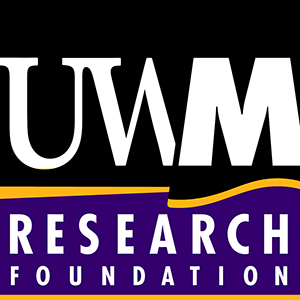Applications
Protein purification, protein research, quantification of proteins, drug discovery, vaccine production, pharmaceuticals, affinity purification
Target Problems
In current antibody purification techniques, antibodies bind in a single layer on a surface of agar beads reducing overall yield and increasing retention time.
Key Features
Easy – Straightforward process for making polyprotein-based porous hydrogel network.
Faster – Purify proteins in 10 minutes versus hours or days
More efficient – Captures 3X more antibody on a weight-for-weight basis due to increased surface area
Technology
Dr. Ionel Popa at University of Wisconsin, Milwaukee (UWM) has developed a new class of protein hydrogels made from soluble proteins into a porous 3-dimensional stable network. This technology is faster and more efficient without an increased cost.
This new method to produce polyprotein-based hydrogels with micron-sized pores facilitate their interaction with large particles and molecules, such as antibodies with increased active surface area. Unlike regular methods, where the antibodies bind in a single layer on a surface of agar beads, our method produces binding sites throughout the material. This method offers a much higher surface density of binding sites and provides improved retention time and yield over current antibody purification methods. These protein-based porous hydrogels can be attractive candidates for purification of research-based or therapeutic antibodies used for a broad range of targets in oncology, immunology, hematology and many more prevalent medical applications.
Intellectual Property
Inventor
Ionel Popa, PhD, Associate Professor, Physics, UWM

